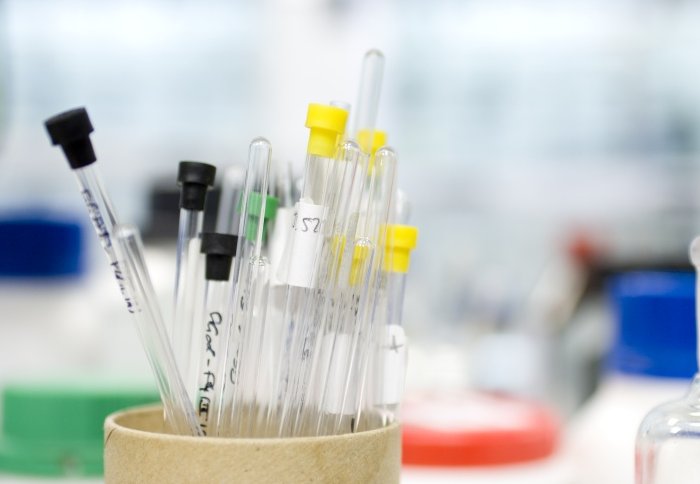National phenome research facility to open at Imperial
by Kerry Noble

The MRC-NIHR Phenome Centre, which will study how our genes interact with our environment to cause disease, will open at Imperial College London.
The MRC-NIHR Phenome Centre, which will analyse thousands of samples of blood, urine and tissue to discover how our genes interact with our environment to cause and affect the course of disease, will now be located at Imperial College London.
Opening at the College’s Hammersmith campus in 2013, the Centre is a partnership between the Medical Research Council, the National Institute for Health Research, analytical technology companies Bruker and Waters, King’s College London and Imperial.
Professor Jeremy Nicholson, Head of the Department of Surgery and Cancer at Imperial, will be Principal Investigator at the Centre. He said: “In coming to Imperial this Centre will capitalise and build on our existing expertise in phenotyping. It will provide researchers from across the UK with the technology they need to study the links between a person’s metabolism and the diseases they develop. In the long-term this will lead to better diagnostic tests and drugs which are tailor-made for individual patients.”
Creation of the new Centre, which was originally to be sited in Harlow, Essex, was announced by Prime Minister David Cameron in August this year.
In its new location the Centre will benefit from its proximity to a large west London hospital, the Hammersmith, as well as academic centres with expertise in cancer research and gut health, and women’s and children’s health. It will be sited close to the Imperial Centre for Translational and Experimental Medicine. Opened in 2011, this facility is purpose-built to test and develop new treatments through clinical trials.
When it opens, the Centre will begin working with the NIHR Biomedical Research Centres. These collaborations between universities and the NHS ensure that medical research is turned into medical practice more quickly and efficiently. The MRC-NIHR Phenome Centre will support this aim by testing samples from the thousands of people nationwide who are already involved with research, giving a new depth of understanding about their disease and how they respond to treatment.
Article supporters
Article text (excluding photos or graphics) © Imperial College London.
Photos and graphics subject to third party copyright used with permission or © Imperial College London.
Reporter
Kerry Noble
Department of Surgery & Cancer